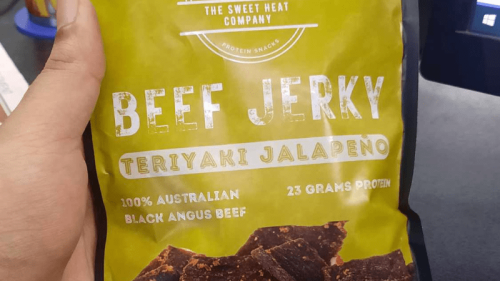THE $9m current account ‘surplus’ recorded in November has been delivered primarily by a combination of administrative actions taken by the government and the State Bank to restrict the inflow of imports to shrink the trade deficit, as well as the suppression of demand by a tight monetary and fiscal policy. The almost zero current account balance for the last month squeezes the current account deficit for the first five months of the fiscal year to $1.16bn from $3.264bn a year ago. With the deficit already down by nearly 64pc, the government now expects it to remain in the range of $4bn to $4.5bn for the entire fiscal year. The SBP is even anticipating a situation in which the current account deficit closes at 1pc to 1.5pc of GDP. That is good news for a dollar-starved economy; the reduction means less pressure on our meagre foreign exchange reserves as official and private capital inflows dry up in spite of the IMF programme.
But there is not much to celebrate. The import compression and demand suppression through administrative measures to keep the trade deficit — the key driver of the current account deficit — down mean that the economy is stuck in negative or zero growth rate mode. Moreover, there was a small uptick in imports last month, due to the easing of restrictions on the demand of the IMF, and a decline of more than 10pc in remittances over the last five months because of economic and political uncertainty, meaning that external stability achieved through import demand compression is fragile. The likelihood of the economy wriggling out of this situation in the short to medium term will depend on significantly large capital inflows, enough to allow the authorities to fully lift import restrictions and also move towards monetary easing. In the longer term, comprehensive governance, structural and financial reforms must be implemented to increase domestic industrial and agricultural productivity and exports. Indeed, the caretaker set-up has done well to reduce economic volatility by implementing the IMF programme. However, the short- and long-term solutions to our economic woes require a stable, elected set-up. The delays in the promised investments from friendly Arab nations underscores lenders’ and foreign investors’ reluctance to enter politically unstable markets. Without foreign flows, we will continue to look for solutions to survive.
Published in Dawn, December 20th, 2023









































Dear visitor, the comments section is undergoing an overhaul and will return soon.